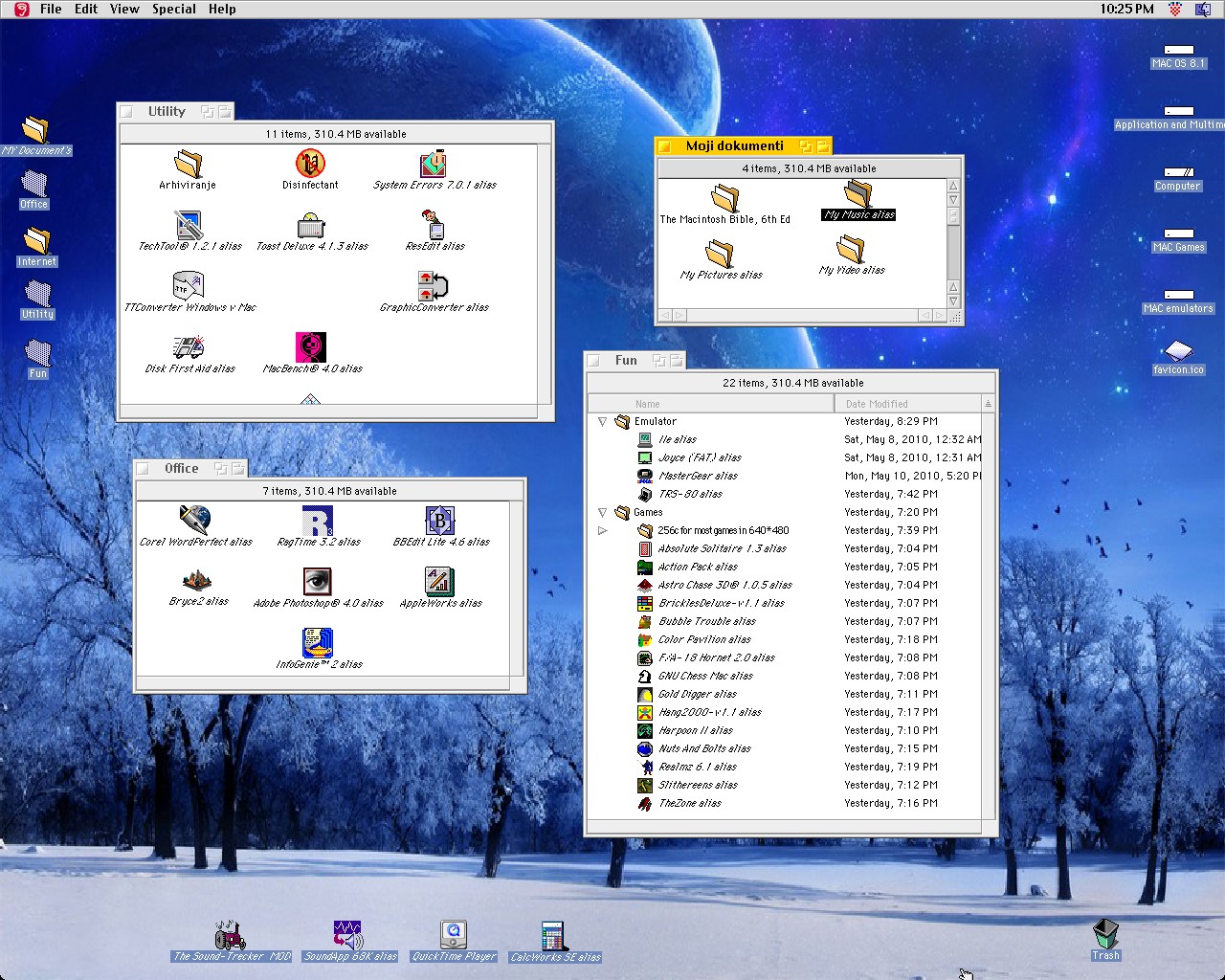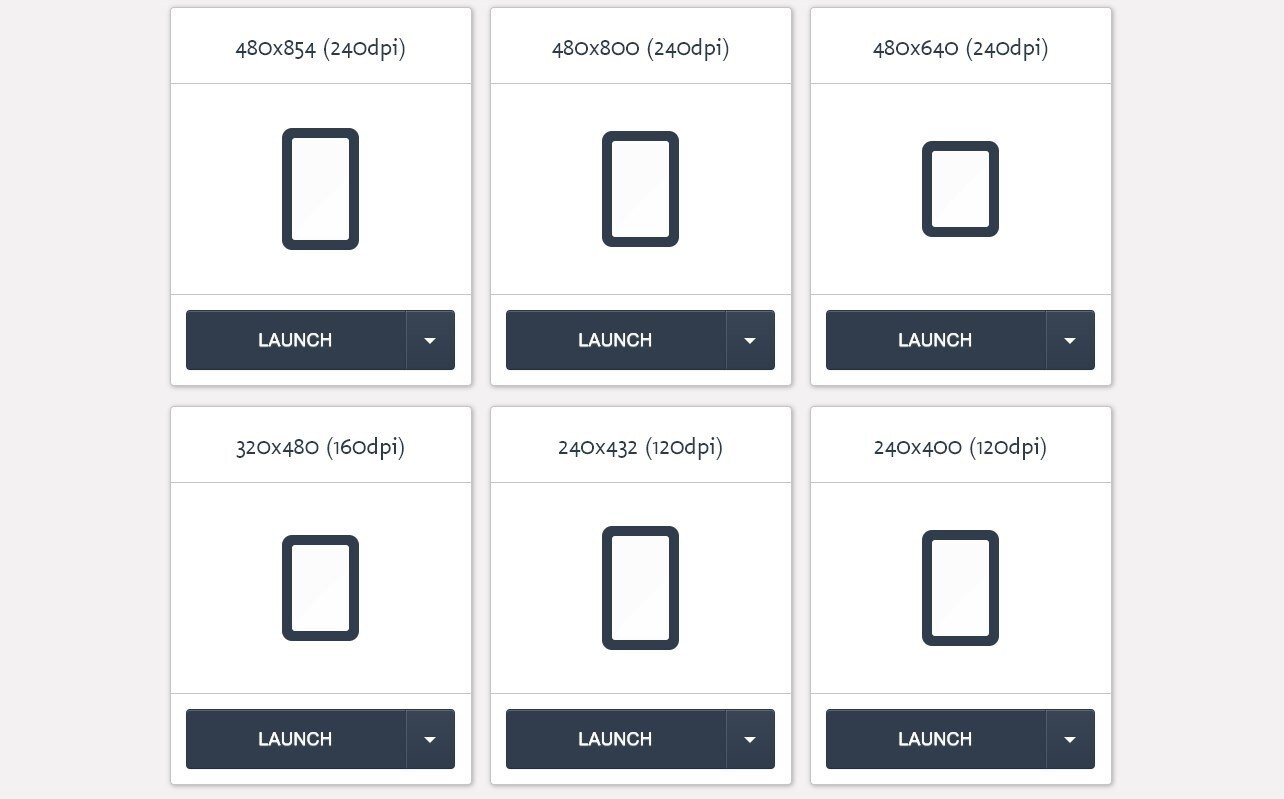
See the article on Supporting Remote Development and GitHub Codespaces for details.

However, we recommend that you test your extension in a codespace to be sure that all of its functionality works as expected. The VS Code extension API hides most of the implementation details of running remotely so many extensions will just work in GitHub Codespaces environments without any modification.

This is accomplished by including a devcontainer.json file in the project's repository, similar to VS Code Dev Containers development.

GitHub Codespaces are fully customizable on a per project basis. It automatically configures everything you need to work on your project: the source code, runtime, compiler, debugger, editor, custom dotfile configurations, relevant editor extensions and more. When you need to work on a new project, pick up a new task, or review a PR, you can simply spin up a Cloud-hosted environment, and GitHub Codespaces takes care of configuring it correctly. It's where all of the compute associated with software development happens: compiling, debugging, restoring, etc.

You can work with these environments from Visual Studio Code or in a browser-based editor.Īn environment is the "backend" half of GitHub Codespaces. GitHub Codespaces provides cloud-powered development environments for any activity - whether it's a long-term project, or a short-term task like reviewing a pull request. Configure IntelliSense for cross-compiling.


 0 kommentar(er)
0 kommentar(er)
